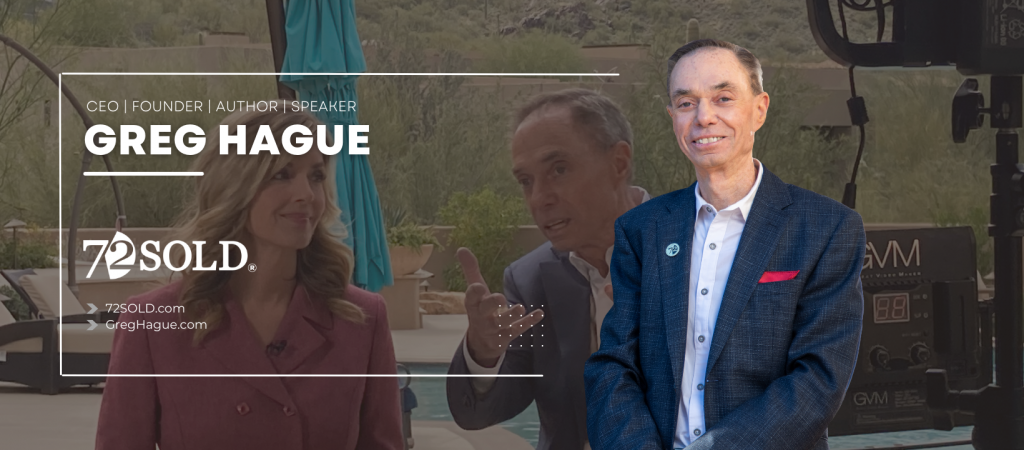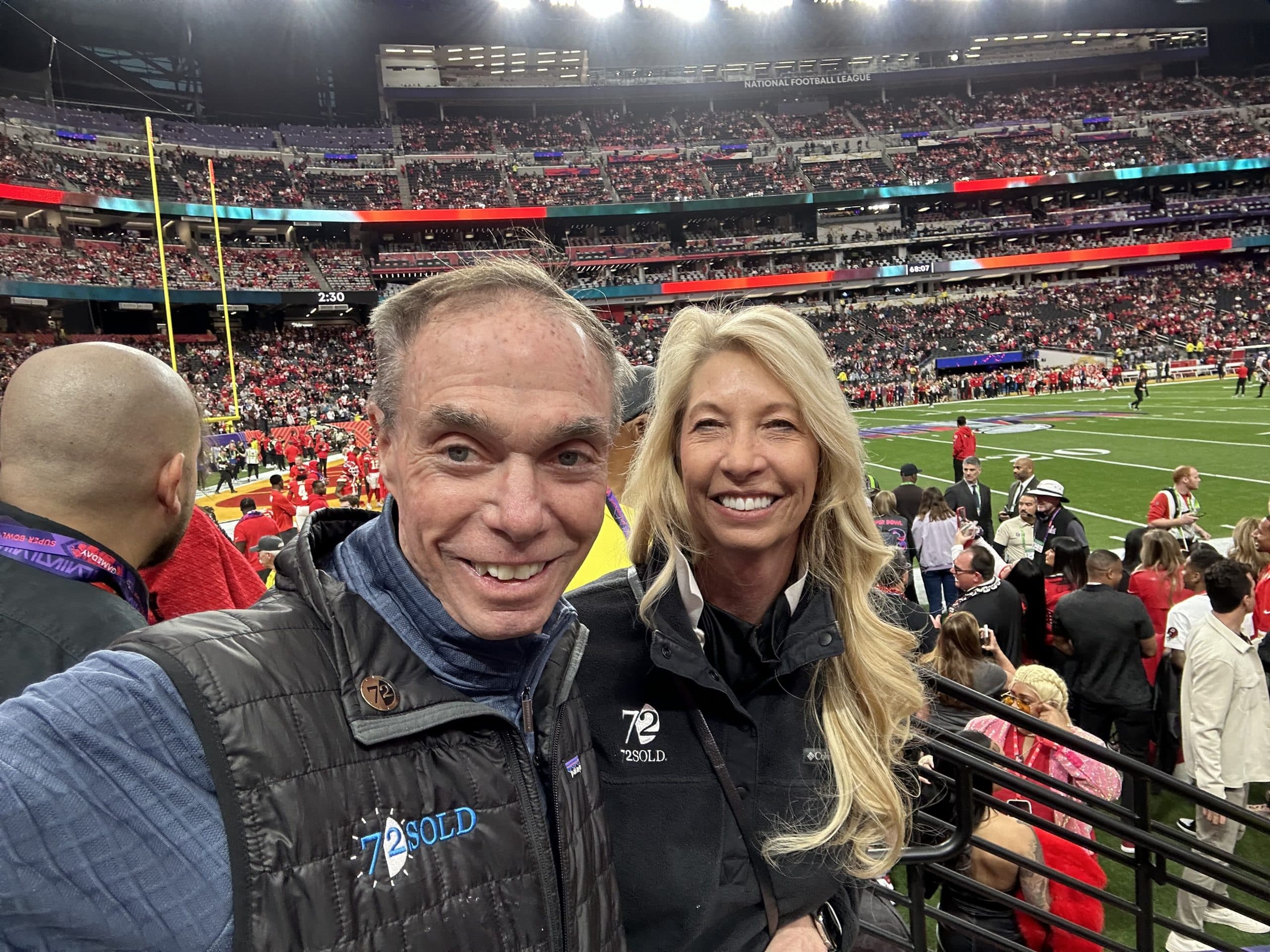“Don’t blow it – good planets are hard to find.“
– Quoted in Time
Two weeks ago I wrote an article about the detrimental effect of short term rentals on quiet residential neighborhoods. If you didn’t see it, it’s online at wantamotel.com
My issue is a state law in Arizona prohibiting communities (like yours, if you live in AZ) from regulating short term rentals. It was passed by the state legislature in 2016, supposedly with the goal of ensuring that Arizona homeowners could rent out a spare bedroom by the day. This law mandated that right even if they lived in a quiet community where residents didn’t want a motel-like operation next door.
This law had negative consequences in communities across the state, particularly in Sedona, one of Arizona’s (and America’s) crown jewel locations. Sedona had an estimated 200-300 vacation rentals before the new law took effect. Today, it’s estimated to have grown to over 1,000 homes, about 20% of Sedona’s total housing inventory!
Sedona residents who used to pay $800 to $900 a month for rent, now pay $1,800 to $2000. They’ve been forced out of town as the inventory of homes for rent by the year continues to plummet, while rental prices continue to skyrocket.
As quoted in the Arizona Republic, Steve Segner, owner of the boutique hotel El Portal in Sedona said, “the increase in short term rentals has increased traffic, noise and competition in the city.” He wonders why his business is inspected by the health and fire department, yet someone can go around the corner, buy a 5 bedroom house, and be open for business the next day with no oversight.
The Arizona Republic article also quoted Brenda Mendel, a Sedona resident who advertises one of her bedrooms for rent on Airbnb. “People expect and seem to demand cheap housing in the most beautiful place in America,” Mendel said. “These are people that have never gotten a mortgage and don’t realize the cost to pay taxes, insurance, and mortgage every month.”
Respectfully to Ms. Mendel, when you buy a home depending on rental income to afford the payment, you are buying a business where you also intend to live. That’s fine, as long as your location is business zoned and you are subject to the same safety inspections and oversight as motel/hotel operators.
I don’t meant to be harsh with Mrs. Mendel. Homeowners like her who want to generate extra income from a spare bedroom aren’t the problem. The problem is investors who are snapping up homes in quiet neighborhoods, then renting them out to vacationers, one bedroom at a time.
Hotels have experienced staff to control the noise and restrain late night hard-partying guests. But most investor-Airbnb operators don’t live on the premises and don’t monitor their guests’ activities. Neighbors are forced to complain to the police when they are awakened by blaring music at 3:00am. Then they have to complain again a few nights later when new vacationers do the same thing.
To demonstrate the draconian effect of this Arizona law prohibiting communities from regulating short-term rentals, Sedona was forced to abolish its 30-day minimum restriction on rentals. It then passed an ordinance that required short term rental operators to register with the city and pay a minimal $50 fee for a business license.
But the Arizona Attorney General’s Office decided that Sedona’s attempt to maintain minimal oversight over neighborhood motels violated the 2016 state law. So the city was prohibited from imposing safety requirements, collecting business operation taxes, or even knowing who was operating a business in its neighborhoods.
The problem could become serious in neighborhoods across Arizona, and across the nation if other states enact similar laws. For example, my neighborhood has many large homes with multiple bedrooms. My location is ideal, surrounded by golf and recreational opportunities. In other words, my community is perfect for the proliferation of neighborhood motels. If this happens, the character of my neighborhood will drastically change from a quiet residential to a busy resort area.
Virtually every week I have Airbnb investors trying to buy my listings in my community (Paradise Valley, AZ). It’s my responsibility to help my sellers sell at the highest possible price, so I work these transactions like any other. But when my PV homes sell to Airbnb investors, I feel awful for the neighbors on each side and across the street. My clients win, but their neighbors lose.
The effect of the 2016 law on property values is interesting. Increased demand from Airbnb investors tends to push up prices on the homes they buy. BUT the neighbors’ homes become less desirable and less valuable because buyers who intend to live there (still the majority of the market) don’t want a neighborhood motel next door. Would you?
Community government should decide what’s right for community residents. Mayors and council members live in their communities, know residents personally, and should be the ones who make the laws that determine the area’s character. This worked fine prior to 2016, and it will work fine again when the 2016 law is repealed.
What’s the solution? Let’s join together and convince the state legislature to repeal the 2016 law. I couldn’t find even one U.S. state that has anything like it. While I’m sure our state legislators and the governor had good intentions, the result was not what they intended. So let’s make this law go away.
Let’s prevent your community from suffering the same fate as Sedona. And if you live in another state, keep a watchful eye to make sure nothing like this law is enacted.
Why would your state want to follow Arizona’s lead? Because states (like AZ) charge a hefty “bed and breakfast” tax. So they see the law as a big revenue producer, even though you, me, and every homeowner (who doesn’t rent rooms) suffers.
If you agree, go to Repeal1350.com and sign the petition to Governor Ducey and the Arizona State Legislature.
“If you think the economy is more important than the environment, try holding your breath while
counting your money.”
– Professor Guy McPherson












